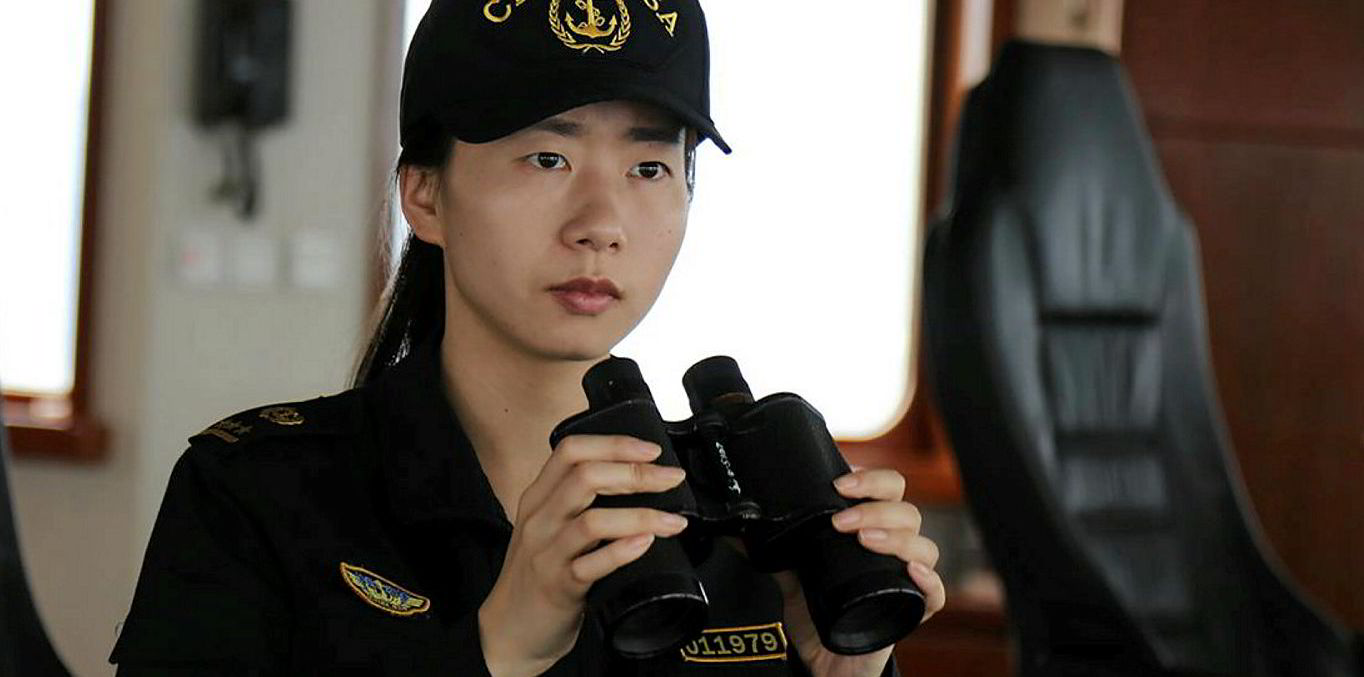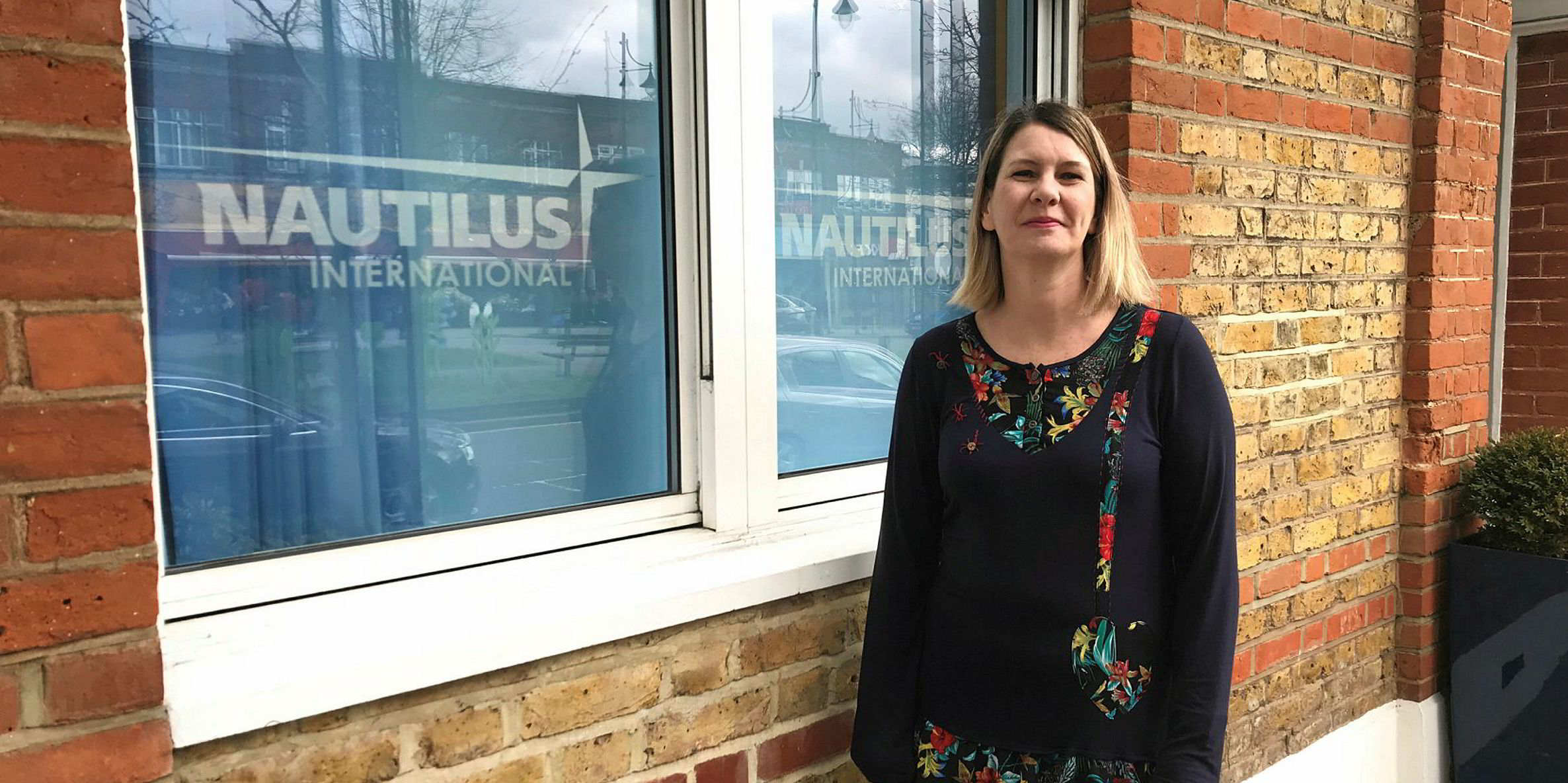A debate is raging about the practice of requiring female seafarers to submit to pregnancy testing before taking a job at sea.
Seafarers advocates said the practice is blatantly discriminatory and occurs particularly in Asia, including the Philippines, a major supplier of shipboard labour.
Proponents of the tests, however, have argued that the testing is done to ensure the health of crew members.
Officials at the International Labour Organization (ILO) said in a report last year that pregnancy testing of seafarers before they board ships is a widespread practice.
“This is a form of discrimination that violates the rights of women,” it said in a study exploring challenges to the recruitment and retention of female seafarers.
ILO officials said pregnancy testing before employment may be considered a violation of the United Nations’ Maternity Protection Convention.
In Europe, labour rules already protect women from required pregnancy testing.
Contract fears
But at a meeting of stakeholders organised by the ILO in March last year, shipowners and managers recruiting in nations that allow the practice defended the testing as part of their duty to care for their seafarers’ well-being.
Some countries’ laws, they also argued, even require a health screening that includes a pregnancy test.
Although proponents of pregnancy testing have claimed that the results are shared only with health practitioners, women seafarers have alleged that the testing is used to discriminate against them in short-term contracts, according to Debbie Cavaldoro, head of strategy and policy at Nautilus International.
But it is hard to prove that shipping companies are using the practice to discriminate.
“At the moment, we’re ... trying to gather evidence of people who are brave enough to say it’s happened to them, without the risk of being blacklisted,” she said.
Caitlin Vaughan, a project manager at International Seafarers’ Welfare and Assistance Network, argued that shipping companies need to get past the idea that female seafarers will cut short their careers at sea for family reasons.
“There’s enough evidence to show that plenty of the reasons male seafarers leave seafaring is they miss their families,” she said. “We make these issues 'female issues'. That’s a really big part of the problem.”
Personal protective gear: making shipping a better fit for female seafarers
Mariners, male and female, come in different shapes and sizes. Their equipment and clothing should too
Does pregnancy testing of mariners violate UN convention?
Shipping companies recruiting in nations that allow testing say it is part of a health check
Sanitary products a symbol of challenges facing women at sea
Mariners report lack of access to feminine hygiene products and disposal
Comment: To hire the talent shipping needs, it can’t turn its back on women
Making a career at sea more attractive to the world’s second-largest pool of potential workers is an opportunity to tackle a growing officer shortage








